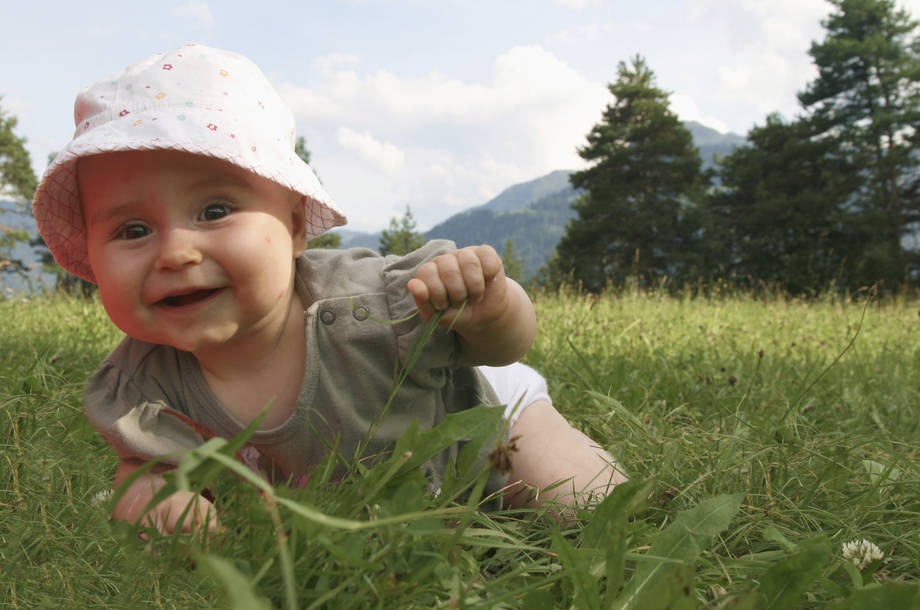Increasing nature contacts might reduce risk of asthma and allergies – research evidence on effective interventions still lacking

The type and the extent of contacts and interactions with natural environment affect how people are exposed to environmental microbes. It has been suggested that growing up in rural or farming environments and being exposed - in particular during early childhood - to beneficial microbes can reduce the risk of developing asthma and allergies later in life.
Contacts to environmental microbiota can also be increased via targeted interventions, for example for daycare children by increasing and diversifying green spaces in daycare yards. The research evidence on in how far such nature-contact interventions reduce the actual risk to develop asthma or allergies is, however, still lacking. This was one of the main conclusions of a literature review conducted by THL and collaborators that has just been published.
According to previous studies, it has been suggested that:
- Urbanization reduces human exposure to natural environments, associated with a sharp increase in prevalence of allergic diseases.
- More contacts with natural environments increase exposure to beneficial environmental microbes, which in turn trains the developing immune system in ways that can decrease hypersensitivity and hyperresponsiveness (associated with asthma and allergic diseases).
- Interventions that increase nature-contacts can affect human microbial exposure and that can also translate into immunological effects.
However, there is so far no research evidence that such nature-contact interventions would work as allergy preventive approaches, i.e. have beneficial effects on allergy outcomes.
”The concept of allergy prevention via interventions that promote nature-contacts is highly intriguing, but so far only a hypothesis. We still need confirmation of this hypothesis from well-designed clinical intervention studies”, mentions Martin Täubel, chief researcher at THL.
The article has been published in the journal Science of the Total Environment in February 2022.
Reference
Christina Tischer, Pirkka Kirjavainen, Uwe Matterne, Jana Tempes, Kristina Willeke, Thomas Keil, Christian Apfelbacher, Martin Täubel. Interplay between natural environment, human microbiota and immune system: A scoping review of interventions and future perspectives towards allergy prevention. Science of The Total Environment, 2022.
More information
Martin Täubel
chief researcher
THL
p. 029 524 6466



